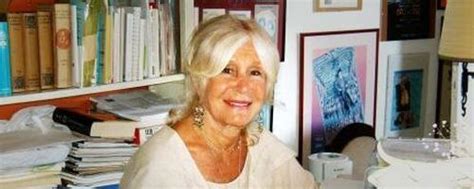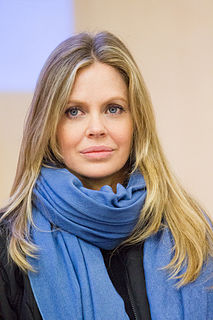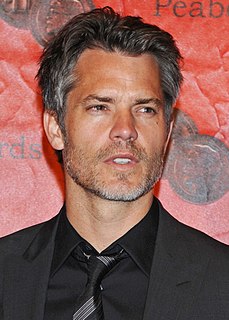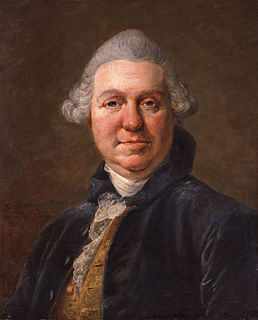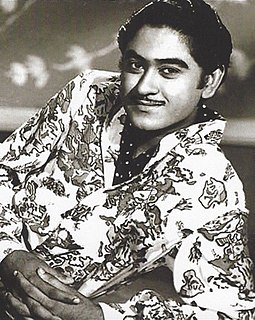A Quote by Maurice Sendak
The distinctions of fine art bore me to death.
Related Quotes
Sorry' he said. 'No, I'm sorry.' 'What are you sorry for?' 'Rattling on like a mad old cow. I'm sorry, I'm tired, bad day, and I'm sorry for being so...boring.' 'You're not that boring.' 'I am, Dex. God, I swear I bore myself.' 'Well, you don't bore me.' He took her hand in his. 'You could never bore me. You're one in a million, Em.
I was a Fine Art major. You do a bit of everything until the final year, when you specialise. I did pencil drawing and sculpture. It's a pretty well-rounded fine art education. I thought that it was viable option to make a living out of art. I'm not sure if I was thinking realistically; maybe I never was. But it had great appeal.
Sweet is true love though given in vain, in vain;
And sweet is death who puts an end to pain:
I know not which is sweeter, no, not I.
Love, art thou sweet? then bitter death must be:
Love, thou art bitter; sweet is death to me.
O Love, if death be sweeter, let me die.
...
I fain would follow love, if that could be;
I needs must follow death, who calls for me;
Call and I follow, I follow! let me die.
I feel that if you're going to do theater, you've really got to throw yourself into the deep end. You have to commit your whole life and soul to it to make it the best it could ever be because theater can truly change people in lots of different ways. But I also think it can bore people to death, and it's quite a fine line between those two things.
Fine art, that exists for itself alone, is art in a final state of impotence. If nobody, including the artist, acknowledges art as a means of knowing the world, then art is relegated to a kind of rumpus room of the mind and the irresponsibility of the artist and the irrelevance of art to actual living becomes part and parcel of the practice of art.
I simply loathe the crude 1960s distinctions between commerce and art. For me, Warhol and pop obliterated all of those separations - that was the whole point of the Brillo Boxes and Campbell's Soup Cans. And believe it or not, in 2009, moronic journalists are still saying to me, 'Your work is so commercial.'

